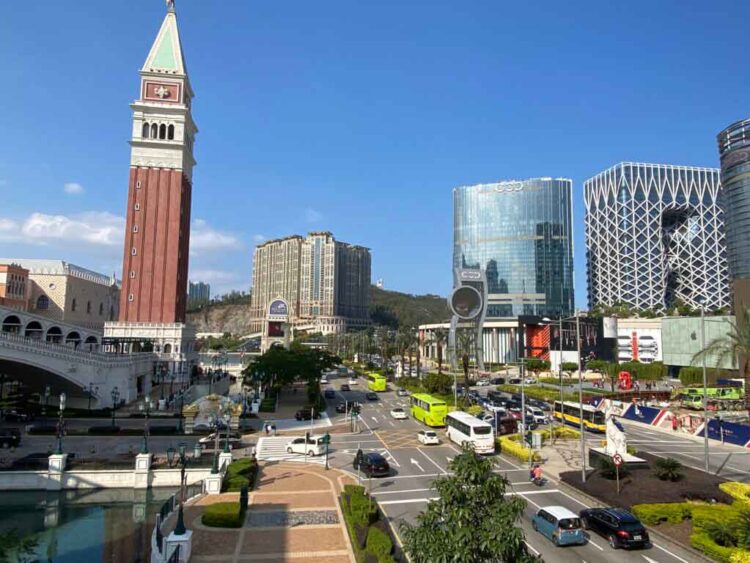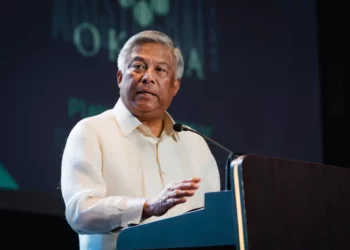The possible criminalization by Macau authorities of illicit money exchange activities around the city’s casinos would likely have minimal impact on gross gaming revenues, despite concerns to the contrary, said JP Morgan analysts in a Monday note.
The investment bank was responding to reports citing comments from Macau’s Secretary for Security, Wong Sio Chak, who hinted earlier this month at the possibility of criminalizing unauthorized money-exchange activities around casinos, as “these activities have led to other crimes in the past, such as scams, illegal detainment, assaults and even murders”. Wong added that the government may increase fines instead, rather than criminalize such activities.
“Legislation on illegal gambling law is now underway,” Wong said at the time. “The police have the intention to criminalize illegal money exchange offences related to the gaming industry, or to assess that if criminalization fails to solve the problem, the possibility of raising the fines.
“The police will use large fines to frighten [money exchange gang members] away, prohibit them from entering the country and expel them from the country to penalize them, but the relevant legislation has yet to be examined.”
While gaming stocks seemingly responded to a report on Monday outlining the potential impact on gaming revenues that such a crackdown might have, JP Morgan analysts DS Kim, Mufan Shi and Selina Li noted there is currently no draft legislation related to the matter and no provision for criminalization in the amended Financial System Act due to come into effect from 1 November.
Should such action eventually take place, “we’d like to think the impact from potential criminalization itself may not be big,” they wrote.
“First, we believe anyone who provides or uses illicit FX services is well-aware that such activities are not legal – so it all boils down to ‘how severe the actual crackdown is’, almost regardless of whether it’s a crime or contravention.
“Second, we think these illicit FX exchanges on and around casino floors target a very specific and niche cohort of players (typically the low/mid-end players who urgently need extra cash to extend the play), hence the impact should be relatively limited – our best guess is less than 10% of total GGR is using these services.
“Third, as almost always is the case, there will obviously be the Balloon Effect; demand could move to other areas of loopholes (pawnshop using UnionPay cash-back scheme, underground banks, etc) and mitigate the impact, unless the illicit/grey channels are completely eradicated.”
Separately, JP Morgan said it expects most if not all Macau hotels to sell out for next week’s Golden Week holiday, with bookings currently estimated at more than 90%.
Some rooms, the analysts added, are still available on popular online travel agencies – particularly those at newly opened hotels such as W at Studio City or Andaz at Galaxy Macau – but they noted room supply is now 15% to 20% higher than pre-COVID as a result of new openings, while this is the first holiday post-COVID that all hotel rooms have been available following an earlier labor shortage.
“Our checks with gaming hosts indicate a pretty upbeat sentiment, with most expecting Golden Week to print the highest GGR since the reopening, unsurprisingly so,” said Kim and co.



































